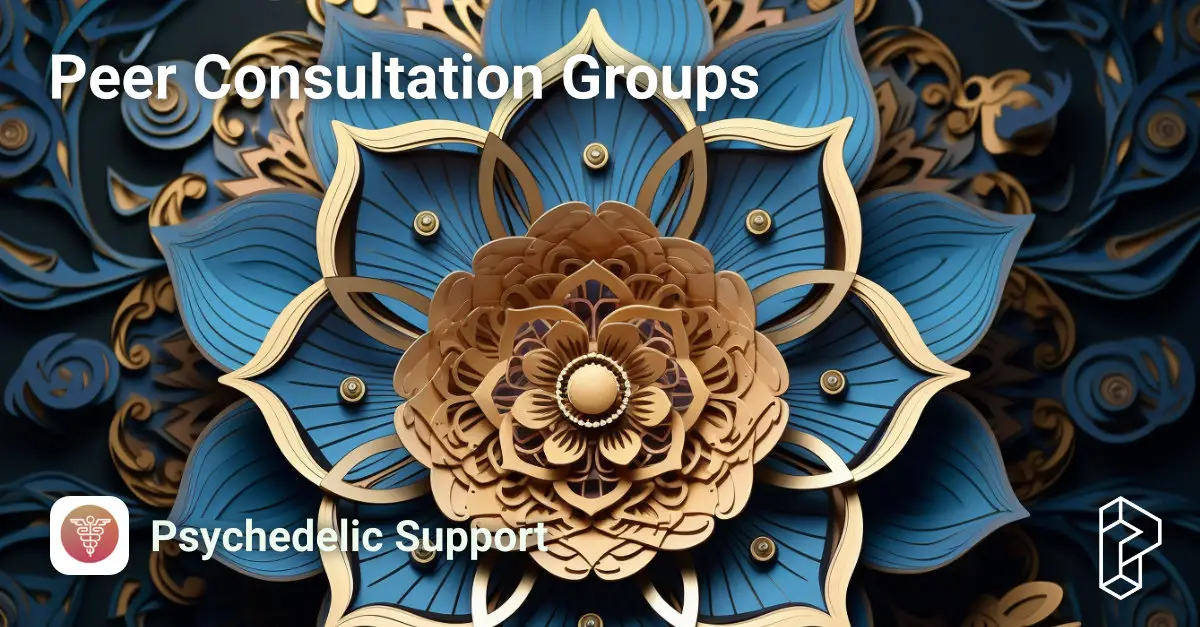Peer Consultation Groups
Peer Consultation Groups: Supporting Ethical Alertness in Community (Ethics 103) teaches structured peer consultation for ethical growth.
- 50 Enrolled
- Professional
- Last updated Dec '23
- English
Course Description
The course Peer Consultation Groups: Supporting Ethical Alertness in Community (Ethics 103) offers a structured approach to peer consultation, focusing on ethical considerations in the field of psychedelic-assisted psychotherapy.
Utilizing the InnerEthics® Peer Consultation Group model, the course aims to create a “safe enough container” where practitioners can engage in reciprocal roles to foster ethical alertness and professional development. The course employs video instruction to elaborate on the roles and functions facilitating a compassionate and non-judgmental environment.
Through role-play demonstrations featuring five therapists, participants will gain insights into how these roles work in practice to enhance consciousness and skillfulness among group members. Designed for professionals and trainees in psychedelic-assisted psychotherapy, the course curriculum covers the structure of an InnerEthics® Peer Consultation Group, the rationale behind its effectiveness, and demonstrations of how it operates.
It also provides tools for ethical awareness that can be applied within these peer consultation settings. The course stands alone and complements the preceding courses in the ethics series, allowing for a shared “therapeutic ethical shorthand” that enhances the group’s effectiveness.

Tatayo
Instructor
About Instructor
Tatayo (“Fruit of the Wind”) first arrived in Gabon in 1971 at the age of 21 and became a Gabonese citizen. In 1979, he became the first white person to be initiated into the Bwiti Fang tradition in Gabon. In 1994, he was initiated into the Misokko tradition. As a guide for numerous expeditions and missions, including those of National Geographic, the BBC, and others, Tatayo is considered to have “opened the door” to westerners in Gabon.
Frequently Asked Questions
$39
This course includes
- Lectures 1
- Duration 1 Hours
- Skills Professional
- Language English
- Availability Always
- Certificate CE
Transform Your Life with FLO CoachingAD
Ready to break through personal barriers and discover a deeper sense of fulfillment? FLO Coaching offers one-on-one psychedelic truffle journeys in the Netherlands, guided by experienced professionals. Our carefully crafted experiences combine the power of psychedelics with personalized coaching, helping you gain profound insights and create lasting positive changes.
Elevate your personal development to new heights in a safe, legal, and supportive environment. From preparation to integration, we're there every step of your transformative journey.
Take the first step towards a more resilient, meaningful life. Schedule a free call with FLO Coaching today and unlock your full potential.
